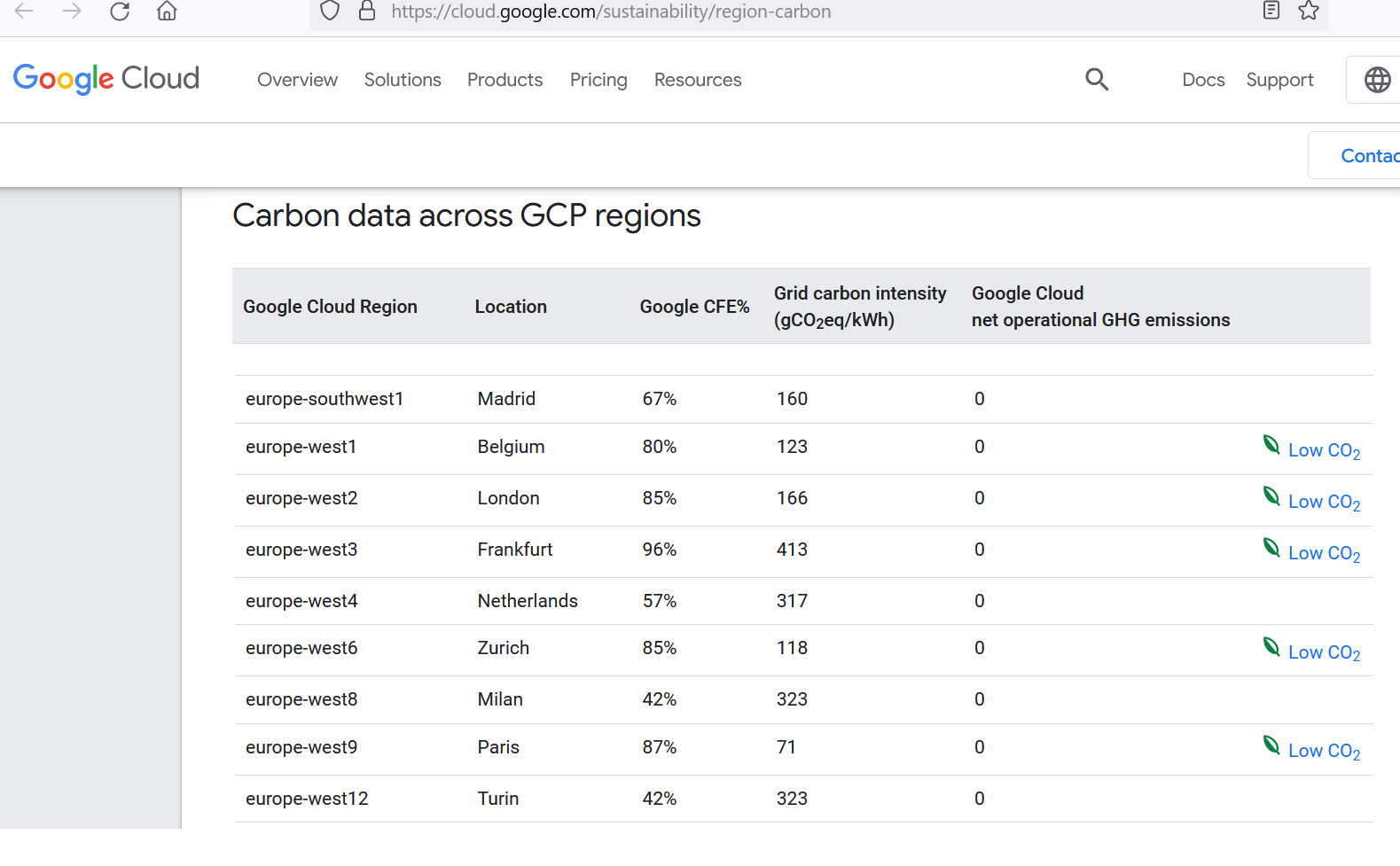

So Vivek is actually a soybean. It all checks out.
Perhaps, but he’s also immune to the effects of Glyphosate (Roundup) herbicide. How many of the other GOP primary candidates can claim the same. We journalists asked those campaigns how they match up against this Ramaswamy credential, the responses were mixed:
-
The Trump campaign: “Trump’s well known immunity to Glyphosate was the sole reason for the Deep State’s highly and unprovable coordinated campaign to steal the 2020 election.”
-
The Haley campaign “We will neither confirm nor deny Haley’s associations with Glyphosate vulnerability, but we’d like to note that you will likely find historical Haley’s statements at different times both support and condemn Glyphosate, so which every statement you need to produce a positive piece of journalism we can provide it. Just ask. Please. We need some positive press. So, like, if you’ve got any ideas, we’re all ears over here. Really! Keep in mind, it has to resonate with our largely racist and misogynistic base to pass the primary.”
-
The Christie campaign “What the f*$# are you talking about? How the hell did you get this phone number?”
-
The Desantis campaign did not respond. Phone calls to one phone number at the campaign just went to Voice Mail. We left voice mails that went unanswered. Another number phone number at the campaign office was answered, by a gentleman claiming no knowledge of the Desantis campaign reporting he recently got the phone number but could offer us “$60 for an eighth”. Attempting to get a response we went to a total of three different listed campaign offices. Two of them were newly minted Spirit Halloween stores, while the third appeared to be a homeless encampment with the residents burning “Desantis for President” signs and Tshirts for light and warmth.


Counterintuitively that’s also where the benefit comes from.
The reason most AI is powerful isn’t because its can think like humans, its because it doesn’t. It makes associations that humans don’t simply by consumption of massive amounts of data. We humans tell it “Here’s a bajillion sample examples of X. Okay, got it? Good. Now here’s 10 bajillion samples we don’t know if they are X or not. What do you, AI, think?”
AI isn’t really a causation machine, but instead a correlation machine. The AI output effectively says “This thing you gave me later has some similarities to the thing you gave me before. I don’t know if the similarities mean anything, but they ARE similarities”.
Its up to us humans to evaluate the answer AI gave us, and determine if the similarities it found are useful or just coincidental.